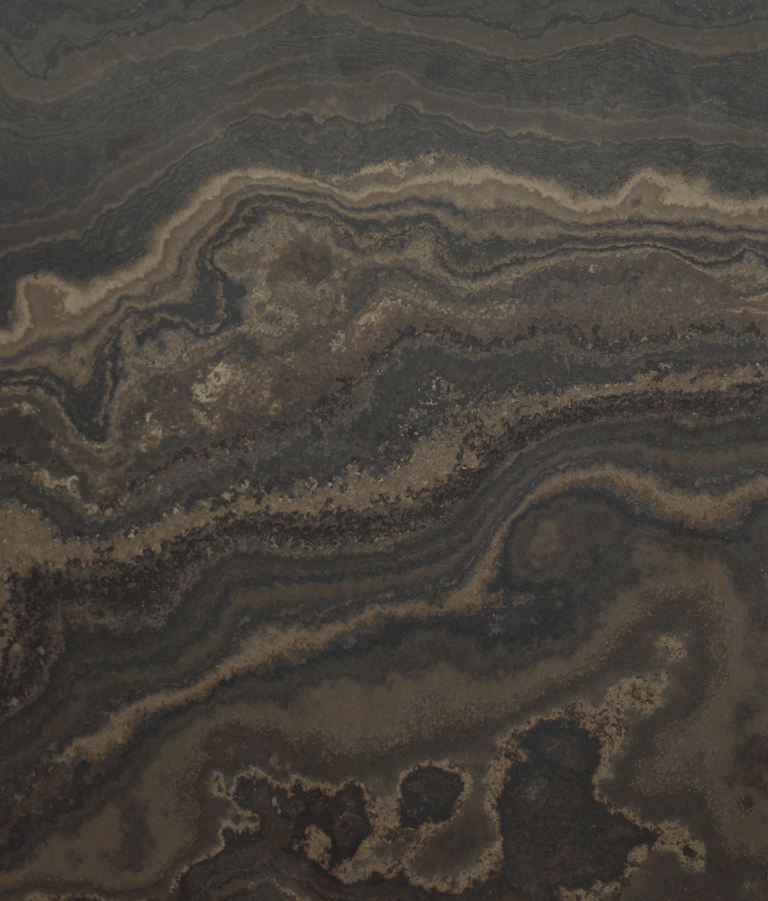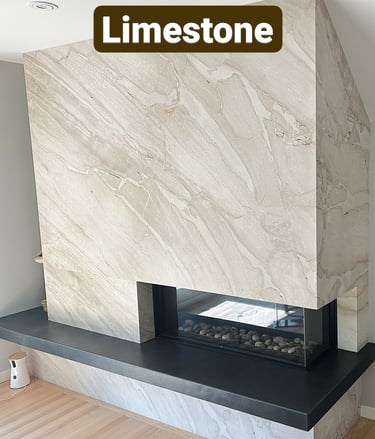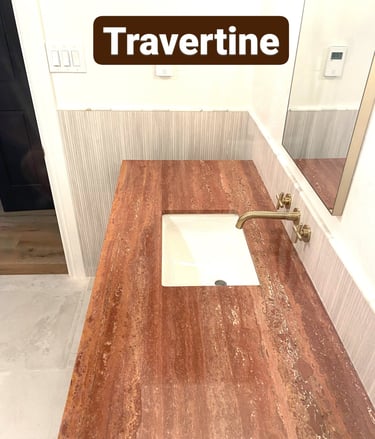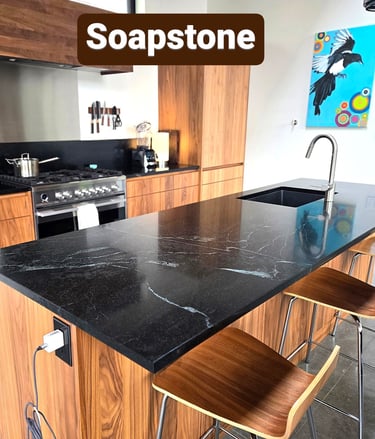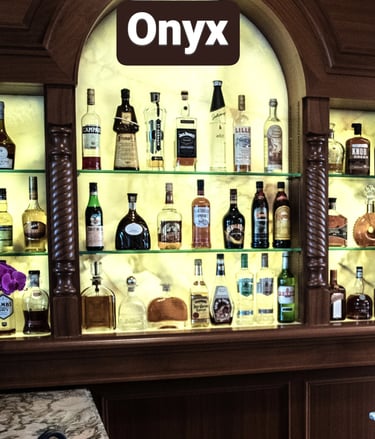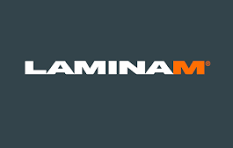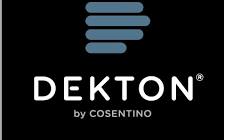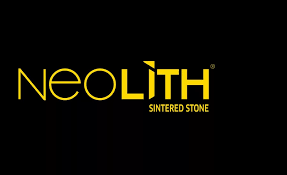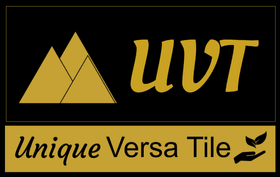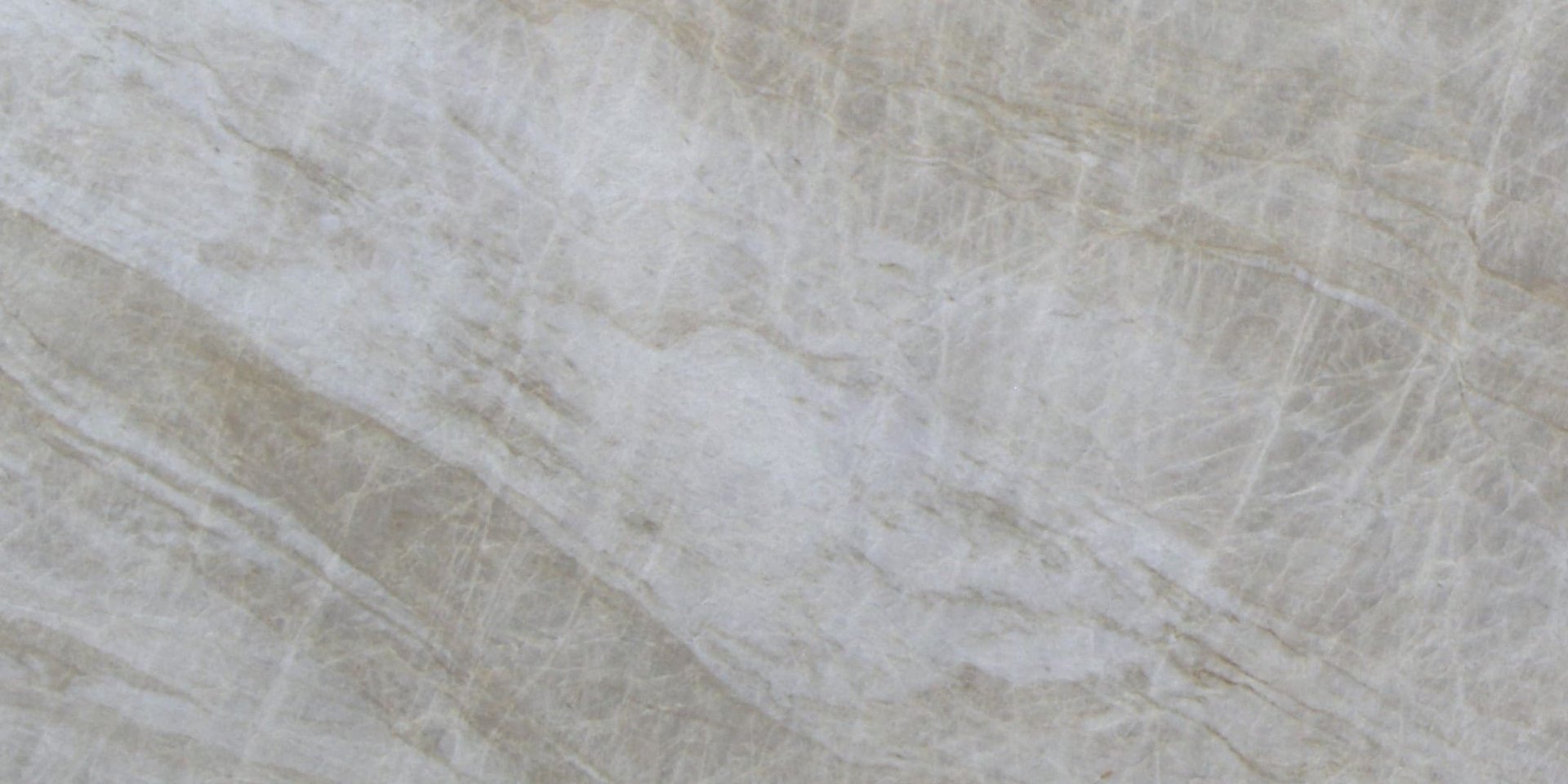
We specialize in crafting exquisite stone creations using a diverse range of materials, including both natural stones and man-made products. Recognizing that each material offers unique advantages, we prioritize understanding our customers' needs. We then leverage our extensive material knowledge to ensure long-term satisfaction. We don't have favorites; rather, we focus on the trade-offs and choices that best suit each customer and project.
For us, it is not enough that you love your countertops on day one, we want you (and us) to be proud of your purchase for years to come.
our medium
There is a common misconception that granite is expensive and requires constant maintenance. Especially when compared to quartz. In fact, the most durable granite are also the lest expensive. This makes sense when you consider that as a natural material the granites that have a stronger more uniform crystal structure are easier to quarry in large sheets. Less breakage and waste when quarrying means lower material price.
Not all granites are equal, and for the modern fabricator, there are hundreds of colors available. Some of them don't require sealing, some we will suggest you seal, and some we will definitely want you to seal. It depends on the density and composition of the granite we are dealing with. When it comes to natural stone, understanding the material and how it will perform in your house is the key to long term success. That's where we come in.
Would it be easier to tell you to just seal everything? Sure, but then we would be like the other guys, and that's not being fair to the material we are working with.
Some of the advantages of granites are: larger slab size means less seams, easy to clean, higher shine, leather finishes for a luxurious texture, natural surface , heat resistant, scratch resistant, and a wide variety of colors and patterns.
GRANITE
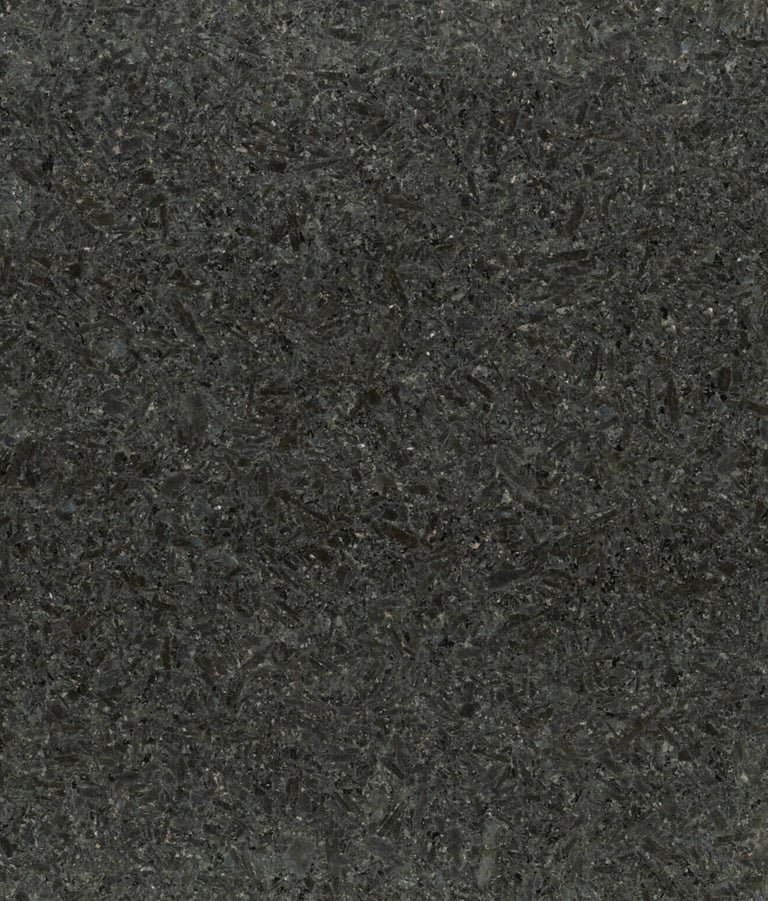

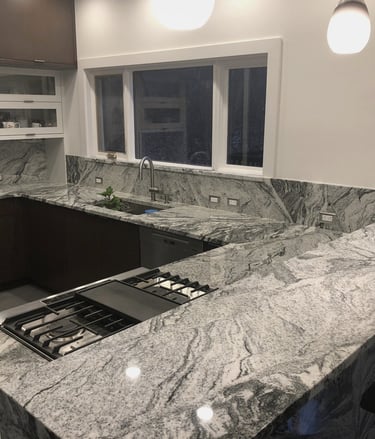

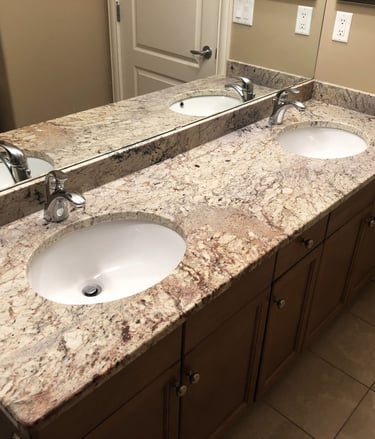

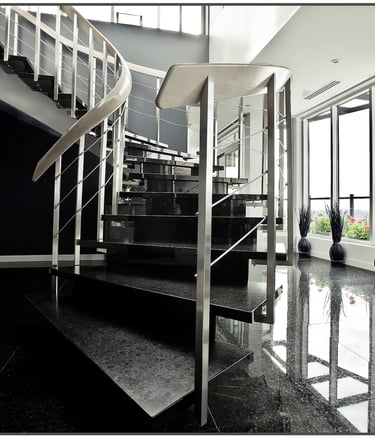

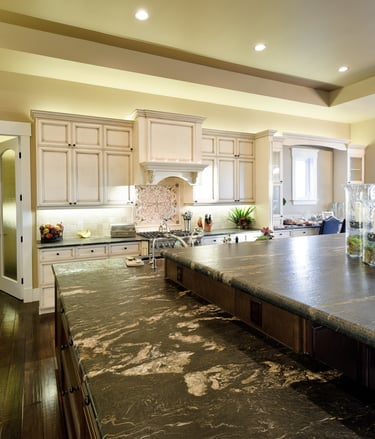

Quartz countertops have become the industry standard, and this is for good reason. As a Engineered material it has uniformity in strength and appearance making it a much more forgiving material to work with. From a fabrication standpoint, it is easier to cut, less risk of breaking due to handling, does not need additional re-enforcement. From a sales perspective, uniformity in patterns as well as better color consistency from slab to samples makes the selection processes easier. Many Countertop Installers prefer working with Quartz for similar reasons; it's stronger for handling, easier to cut and adjust on site. In short Quartz countertops are easier to sell, manufacture and install than Natural Stone.
There is one draw back to such popularity. In a quest to be more cost effective some quartz companies will use cheaper resins and fillers in their manufacturing process. This can lead to issues with staining, and pitting. In our view, quartz should not stain or discolor over time and it is our goal to offer proven and reputable quartz suppliers ensuring that our customers expectation of their product matches what is installed.
A good start when researching quartz suppliers is checking if the Quartz material offered has been tested by the National Sanitation Foundation. The NSF tests countertops to ensure they meet standards for food safety and sanitation. These tests verify that harmful chemicals won't leach into food or harbor bacteria, making them suitable for food service environments.
Some of our suppliers are listed below, please visit their pages to learn more.
QUARTZ
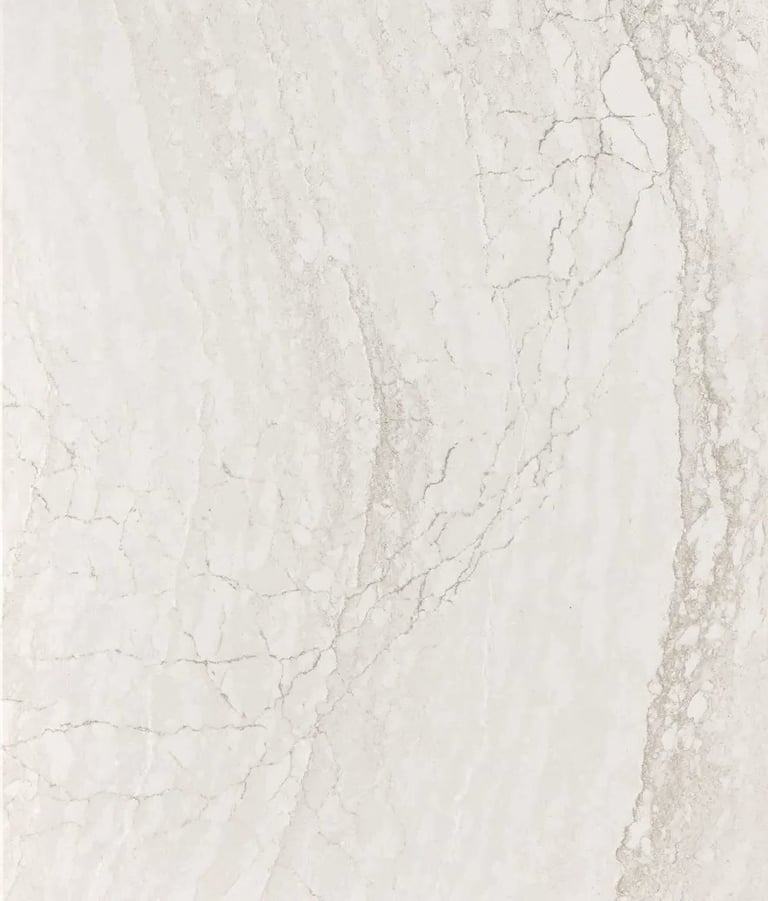

Marble has been seen as the pinnacle of elegance and luxury for at least a couple thousand years. We will admit, as a material, it has some of the most iconic patterns, a beautiful shine, and a softness to the touch that is hard to replicate.
A very versatile material, used for wall cladding, flooring, showers, and countertops, when compared to Quartz or Granite it is not the most durable. Surprisingly, it is not staining that is an issue, as modern penetrating sealers do away with that problem, but rather scratches and acid etching. Metal and ceramic dishes will scratch marble, and acids like lemons, oranges, limes and vinegar can damage the surface. It is true, there are coatings you can put over top of the counter to protect that surface. Most of them however, are thin layers of plastic that change the feel of the counter and in our opinion, extinguish the essence of the stone. Small side note, there is a big difference between topical coatings and penetrating sealers, definitely contact us if you want the long technical version.
In short, marble countertops will develop a patina. They will look used over time, and if you are one of the individuals who likes the idea of an old world marble feel to their countertop, then this might be another advantage to using this material. Keep in mind, on site marble polishing is one of the services we offer and we can restore your countertop.
MARBLE
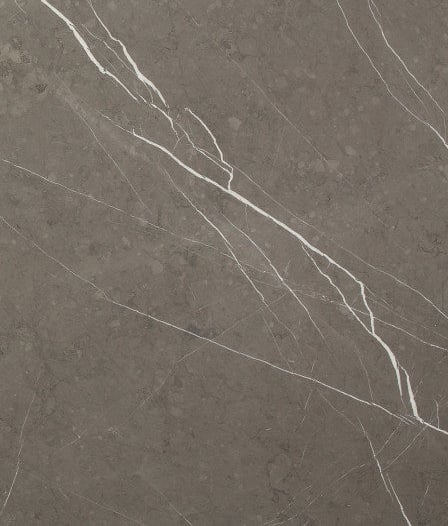

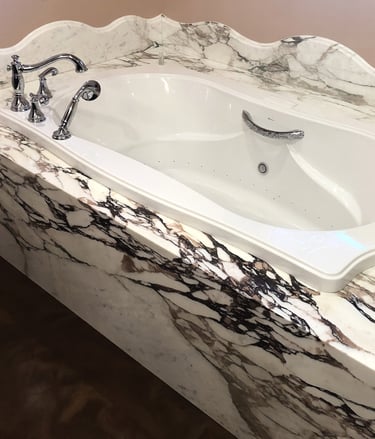

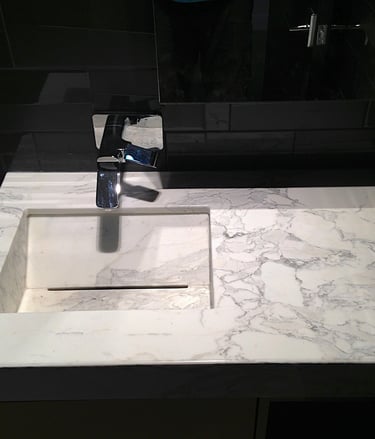

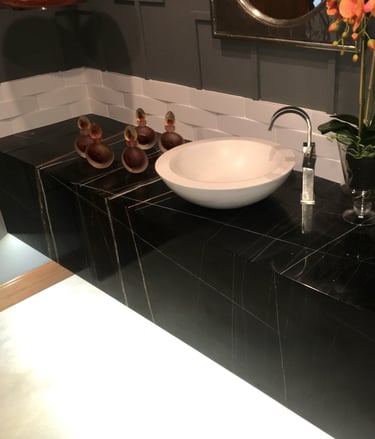

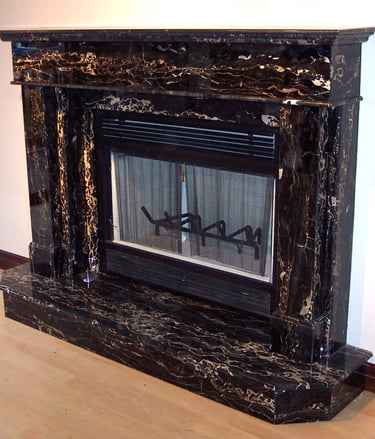

Not to be confused with Engineered Quartz, Quartzite is a Natural Stone that starts as a quartz-rich Sandstone and metamorphizes into Quartzite. This process can create a very hard surface with rich, marble-like patterns, but with the durability of quartz or granite.
Depending on the amount of pressure and heat the Sandstone undergoes, it can create some of the hardest rocks we work with, or a material that is more like a hard marble. Just because it's called Quartzite does not mean you will love how it performs. Certain "softer" Quartzites can react with acids and dull their shine if you leave acids like vinegar or lime juice on the countertop. Staining can also be an issue for certain Quartzites.
This is also a challenge for fabricators, as Quartzites like Taj Mahal are so hard we need to cut and process them differently from granite or Quartz. Improper fabrication can lead to counters with lots of chips, fills, and cracks.
In short, like other Natural Stones, long-term success lies in understanding the material properties and customer expectations. Done correctly, Quartzites are some of our favorite jobs with stunning patterns, depth of shine, and unparalleled durability.
QUARTZITE
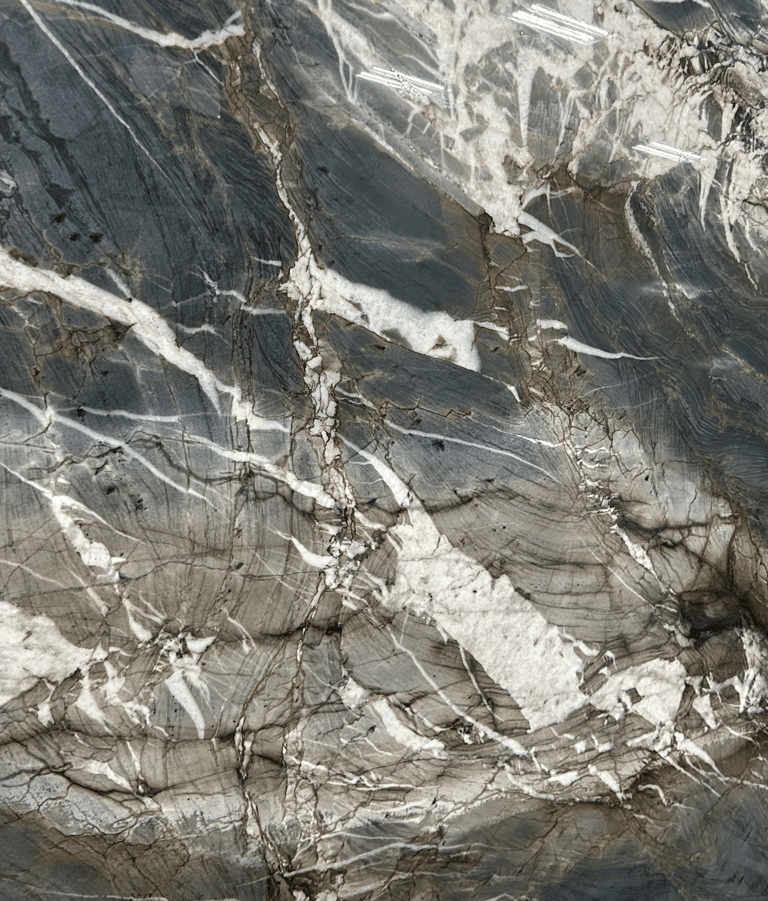

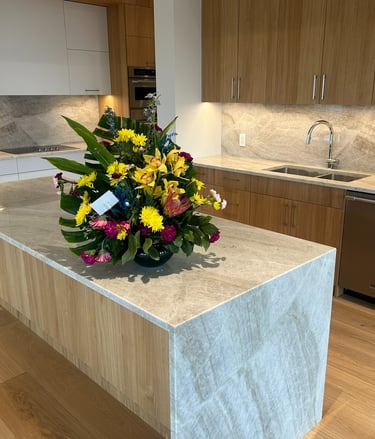

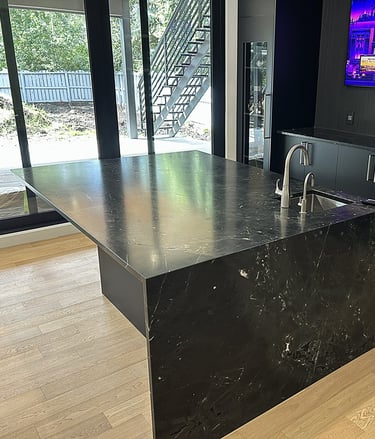

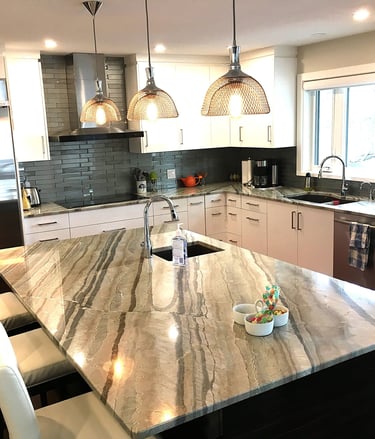

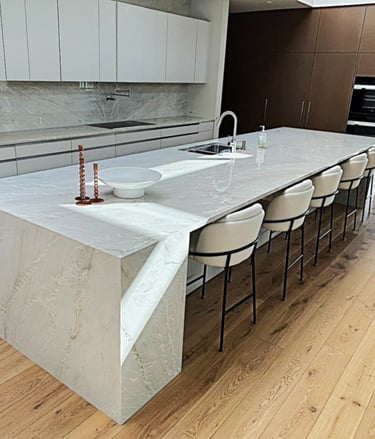

A relatively new player to the field, Ultra compact surfaces, also known as sintered stone, are manufactured materials made by combining raw materials found in glass, porcelain, and quartz and then subjecting them to high heat and pressure. This process creates a dense, non-porous material with exceptional durability.
There are some claims that this material chips very easily. That is not true, properly fabricated materials a harder to chip than quartz or granite, but when you do manage to damage the material, the chip is much larger and harder to repair. If you have ever seen a mirror or glass chip then you have the right idea.
Customers typically appreciate the pattern quality of these materials. If you want a photo realistic marble pattern with the durability of quartz or granite then this material is for you. The pattern quality in our opinion, beats any other man made material. It's true the pattern does not extend past the surface of the material, leaving your counter or sink cutout without the same pattern. That is an aesthetic that you may or may not care about.
Our favorite part however, is the versatility of these materials. Available in a variety of thicknesses, ranging from 2cm to 1.2cm, 8mm, 6mm and with even 2mm available in some colors, allows us to use this material in a large variety of applications. From Countertops, showers, backsplashes, feature walls and even as veneers for cabinet fronts or doors.
ULTRA COMPACT
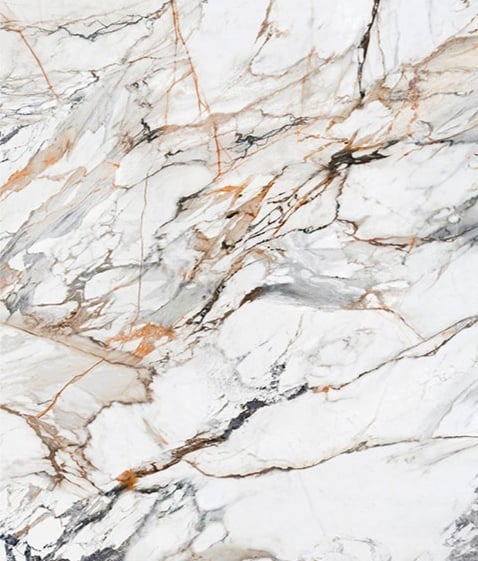

Limestone is a softer material that ranges from grey black, or browns, to yellowish and even red colors. People are often excited to know that their Limestone project will often have visible fossils.
Travertine is a type of Limestone that form with holes and voids in it. Think of it like the swiss cheese of natural stone. These holes are then filled with an epoxy or cement based filler to create a smooth surface. Both these materials are very heat resistant and often used on fireplaces, building exteriors and flooring.
Soapstone - One of our favorite materials for it's feel, it is also highly heat, chemical resistant and has low porosity. Soapstone countertops are know for their shades of grey and green tones but can range into a slight blue. The only draw back of soapstone countertops is that they scratch easily.
Slate - Slate is a temperature resistant non porous material sought after for its honed and textured finishes. Slate countertops have fallen out of favor in recent years as a leather finish on granite countertops offers a similar look with superior durability.
Onyx - One of the most striking materials on the list, onyx comes in a variety of colors and patterns, an has a beautiful shine. One of it's most sought after properties however, is it's translucence. Onyx can be backlit creating a dramatic effect. Onyx countertops can scratch and should be sealed.
OTHER NATURAL STONE
